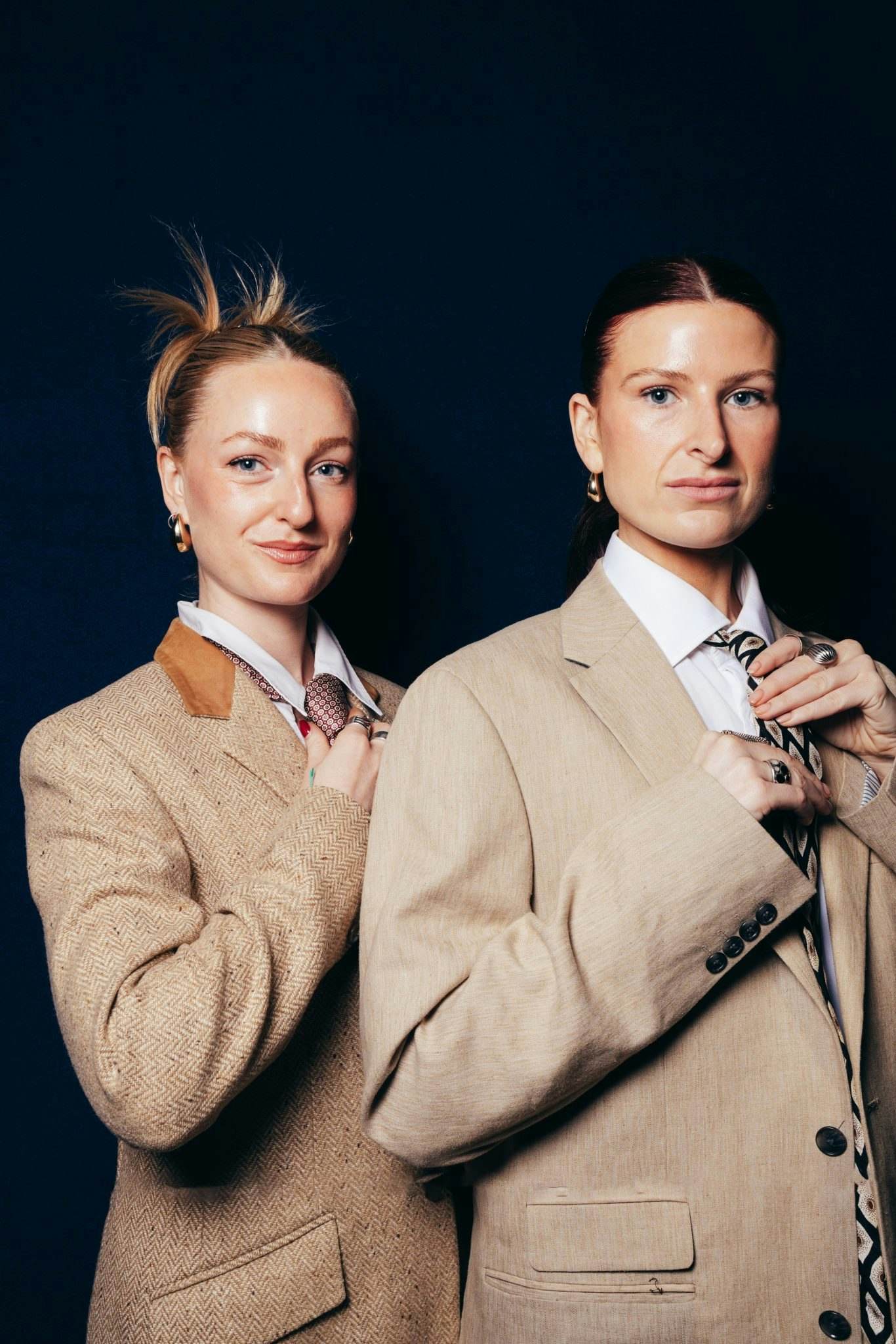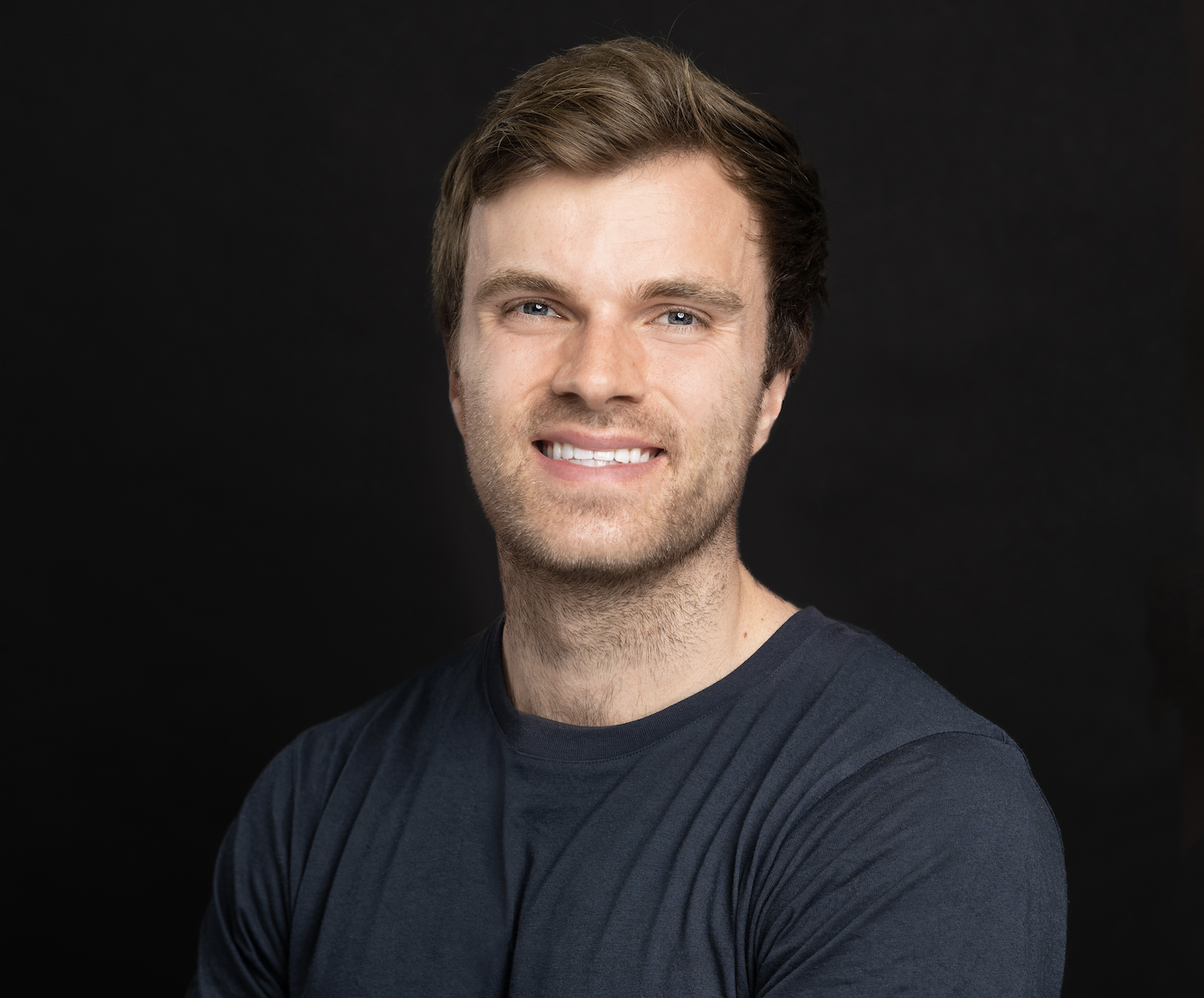London-based early-stage VC Kindred has raised a new fund of $130m. The firm is best known for backing companies like Paddle and Gravity Sketch, and giving a sizeable chunk of carry — investment profits — to its portfolio founders.
It's especially keen on seeing techbio and infrastructure “picks and shovels” deals.
Doubling down on pre-seed
Seed is the "hot" sector of the moment — but Kindred will be focusing primarily on pre-seed investments with this fund. That’s a change in strategy from its second fund, which was equally deployed across seed and pre-seed, and its first, which was more like 70% seed and 30% pre-seed.
It’s been driven, in part, by the macro environment.
“Later-stage investing has almost completely dried up. Lots of firms have been prolific on hiring, and want to stay active. So they’re writing smaller cheques into earlier stages — but not pre-seed,” says Leila Zegna, one of Kindred’s five partners. “That’s driving a lot of competition at seed.”
But it’s also connected to the way that Kindred sources dealflow. Around 40% of its “top of funnel” dealflow — and 60% of closed deals — come from founders in the Kindred portfolio.
That, says Zegna, gives Kindred more “meaningful signals” at pre-seed than some funds have.
On top of that, Kindred thinks there’s more money to be made investing very early. “We think we’ll get a great ROI [return on investment] by leaning further into pre-seed,” says Zegna.
“Conventional wisdom is that risk decreases as you go along… but the data doesn’t show that from a returns perspective,” she adds. “There’s no statistical meaningful difference between pre-seed and seed investments.”
The result is that, with fund three:
- Kindred will invest at pre-seed and seed, with a roughly 70:30 split
- 50% of the fund will be reserved for follow-on investments…
- But Kindred will never lead a follow-on round
- The team will do around 10 investments a year
As a GP-only fund — Kindred has four general partners and one investment partner, and no other members of the investment team — it can also “move extremely quickly” with deals, says Maria Palma, another partner. “If I were to see a deal I liked after this call, we could do it in 48 hours if we needed to — there are no layers in between.” Deals usually take around a week to get over the line, she adds.
Fundraising in a downturn
Kindred started raising the fund around this time last year, after portfolio company Paddle, a SaaS unicorn, closed a $200m Series D. “We used it as a catalyst for softer conversations with existing LPs,” says Zegna.
The team did a first close in Q4 2022, and a final close in Q1 2023. 97% of institutional LPs from their second fund reinvested.
LPs include:
- Legal & General
- British Patient Capital
- Isomer
- University of Chicago
- OakNorth founder Rishi Khosla
- Gousto founder Timo Boldt
Portfolio carry
Kindred is one of the only VCs in the world to give a double-digit percentage of carry to the founders it invests in from each fund. With its first fund, it set aside 20% of carry to give to portfolio founders.
The deal, says Zegna, is: “We buy a piece of our business, and give you a piece of ours.”
With the third fund, that 20% will be split between the six members of Kindred’s non-investment team and its six advisers, leaving founders with around 12-13% of the carry, says Palma.
Advisers include Pleo CTO Meri Williams, Zego CTO Vicky Wills and Ravio chief people officer Vaso Parisinou.
The startups Kindred invested in from its first fund can expect to receive about $250k per company — or around $7m across the founders — if the fund performs as currently expected.
Kindred has a clawback provision if founders are found guilty of libel, fraud or gross negligence, “but we’re lucky not to have had to use that provision,” says Zegna. Carry vests over five years.
That means, for example, that the founders of some of the fund’s recent exits — including Pollen, the events company which went into administration after failing to find a buyer following a period in which it missed payroll and owed thousands to customers — still have carry in the first fund.
Kindred's seen five "successful exits" so far, including FiveAI, an autonomous vehicle startup which sold to Bosch in 2022, and machine learning startup Atlas ML, which sold to Meta within a year of raising a seed round from Kindred. “That was a high IRR [internal rate of return] for us,” says Zegna.
It's had five less successful exits — companies which shut down or have returned less than the money invested.
Zegna is OK with what this means for where Kindred’s carry ends up. “If we’ve invested in the right people, they won’t sit on the bench — they’ll reinvest [their carry] in the ecosystem, in a friends’ business, their next business,” she says.
Amy Lewin is Sifted’s editor and cohost of Startup Europe — The Sifted Podcast, and writes Up Round, a weekly newsletter on VC. Follow her on Twitter and LinkedIn
This article was amended on April 20 to clarify that founders in the portfolio with carry can expect to receive returns of roughly $7m altogether, not each.



